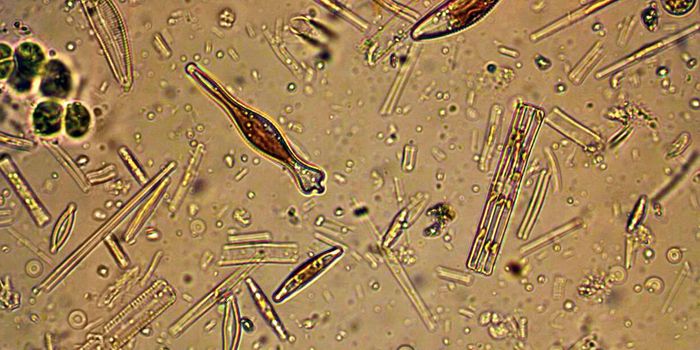Syphilis is a sexually transmitted disease is caused by a bacterium called Treponema pallidum. The disease can be easily treated if it's dealt with in the early stages. The syphilis rate in the United States is rising; according to the Centers for Disease Control and Prevention, over 115,000 new cases were diagnosed in the US in 2018, while there are thought to be around 6 million cases worldwide. The disease poses significant risks to neonates, and is estimated to cause 300,000 neonatal and fetal deaths every year.
It has been challenging for researchers to learn more about the bacterium that causes syphilis because it could not be grown in the laboratory until relatively recently. But the bacterium is known to cause infection and then hide in the body for decades. The pathogen can also reinfect people that have previously been infected; people cannot build immunity to it.
Now reporting in PLOS Neglected Tropical Diseases, scientists have found that T. pallidum seems to be able to alter one of its genes to evade the host's immune system. In this study, scientists obtained samples from a man who was infected with syphilis four times; blood draws were collected during two different infections that happened six years apart. In between those infections, the man had also experienced two other syphilis infections that were treated. The researchers were then able to compare the genomes of the T. pallidum bacteria that were isolated from the samples.
The investigators were surprised to find that there were very few differences between the first and last infections. However, there was one gene that encodes for a protein on the surface of the microbe, called TprK, that had changed dramatically. Surface proteins are often used by the immune system as targets for immune attack, and help the immune system 'remember' previous infections.
"Across the about 1.1 million bases that make up the bacteria's genome, there were about 20 changes total. That's very low," said Dr. Alex Greninger, assistant professor of laboratory medicine at the UW School of Medicine, who led the research project. "But on this one gene, we saw hundreds of changes."
TprK could promote the diversification of seven different regions of DNA, where sequences could be switched in and out, in a process called gene conversion.
The researchers introduced TprK variations into bacterial cells in the lab and found the variants could elude the immune response to infection. In humans, that's how syphilis moves to the later stages of the illness.
"I've looked at a lot of bacterial genomes and they're a lot more interesting than the Treponema's, except for this one gene. It can generate an astounding number of diverse sequences within these variable regions without impairing the protein's ability to function," said lead study author and Greninger lab research scientist Amin Addetia.
The TprK protein may be immunodominant - a protein that seems to attract an immune response, suggested Greninger.
"The protein acts like a distraction that draws the immune system away from proteins that might be the bacterium's Achilles heel. More work will be required to determine if this is the case in TprK."
Sources: AAAS/Eurekalert! via University of Washington Health Sciences/UW Medicine, PLOS Neglected Tropical Diseases









